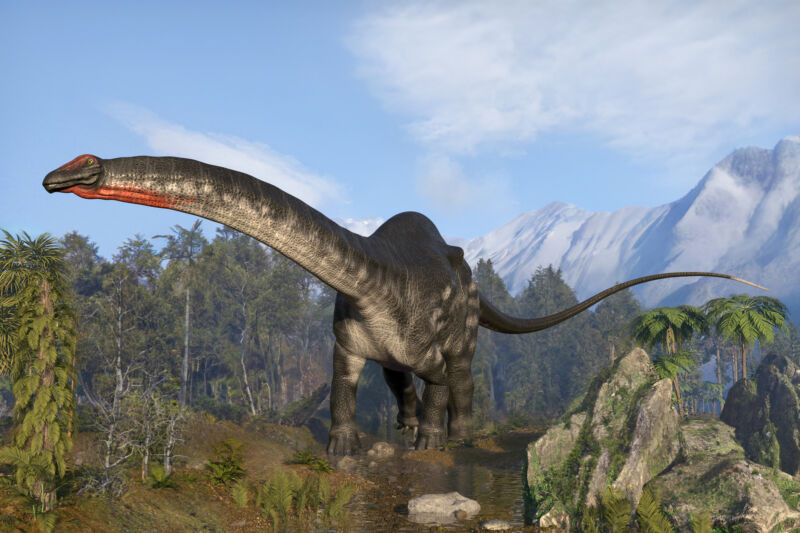-
chevron_right
Nature destruction will cause bigger economic slump in UK than 2008 crisis, experts warn
news.movim.eu / TheGuardian · Yesterday - 05:00
Green Finance Institute report said further pollution could cut 12% off GDP by 2030s
The destruction of nature over the rest of the decade could trigger a bigger economic slump in Britain than those caused by the 2008 global financial crisis and the Covid pandemic, experts have warned.
Sounding the alarm over the rising financial cost from pollution, damage to water systems, soil erosion, and threats from disease, the report by the Green Finance Institute warned that further breakdown in the UK’s natural environment could lead to a 12% loss of gross domestic product (GDP) by the 2030s.
Continue reading...
